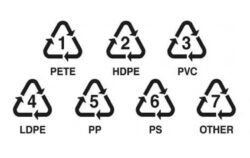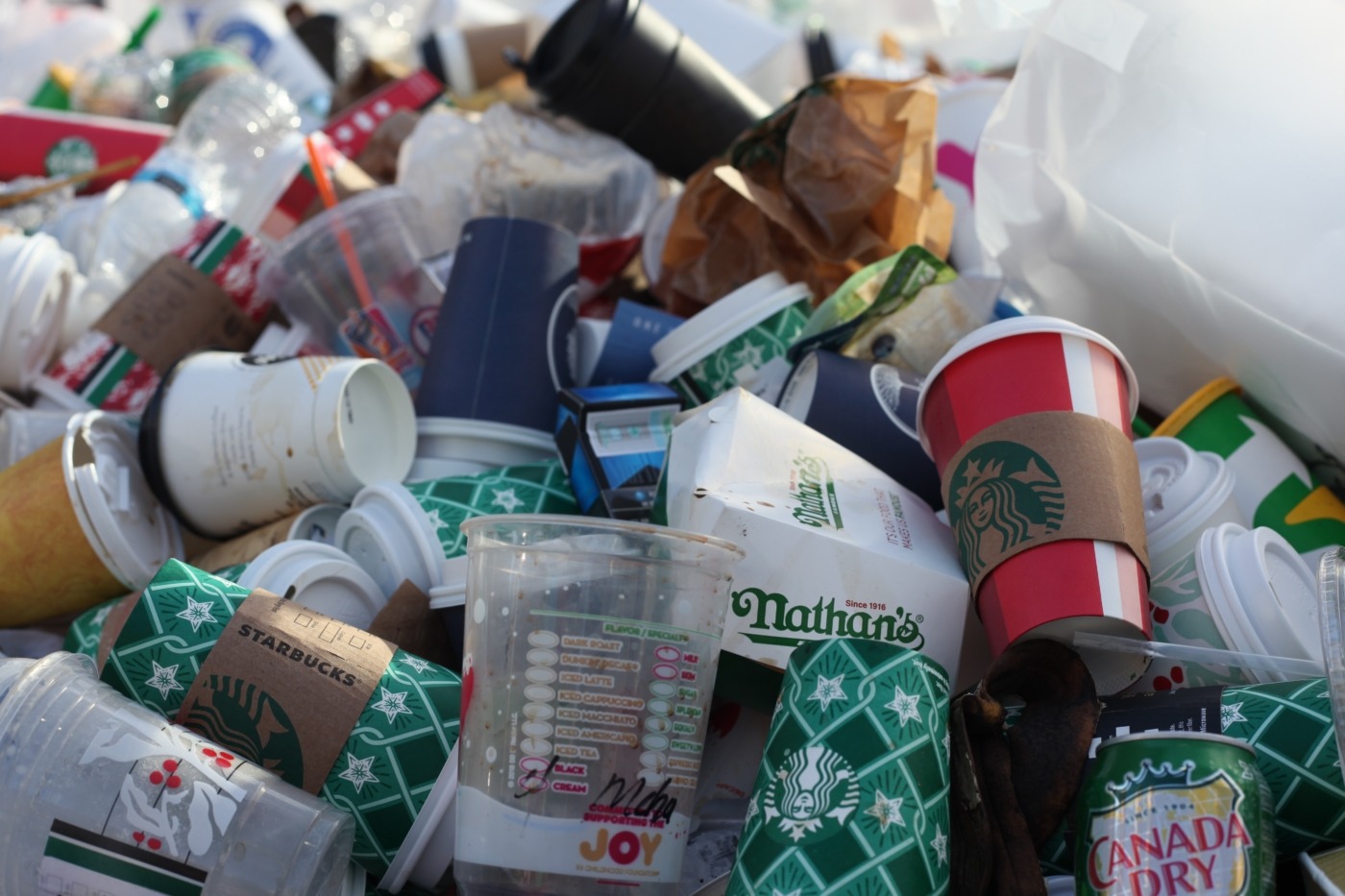Why is recycling important and how to do it right?
Germany scores first in terms of recycling with 56.1% of its waste being recycled, followed by Austria at 53.8%, and South Korea at 53.7%.
So why should we be concerned by recycling? It’s time-consuming, confusing and let’s be honest, most students don’t even try. Yet our daily waste averages over 4 pounds each. In the UK, an average person disposes of six times their body weight in waste every year. Recycling some of this waste can limit our use of natural resources like trees, sand, and plastic. Not only that, but it avoids extraction of natural resources from someone else’s land and saves energy. For example, creating aluminium through recycling saves 95% of the energy used to create aluminium from scratch. Furthermore, landfill disposal leads to the disposal of large quantities of plastics into the environment. Whilst this makes most of us think of turtles with plastic straws up their airways, the dangers of plastic pollution are vast. Indeed, microplastics, nano-plastics and toxic chemicals dispersed through incineration or polluted waterways end up in our food and drinks, leading to serious health issues. If you’re still not convinced of the importance of recycling, it is actually six times cheaper than general refuse disposal!
In the UK, an average person disposes of six times their body weight in waste every year.
Benefits of recycling aside, not many of us know what happens once we’ve waved goodbye to our waste. A portion of recyclables are in fact bought and sold on the market, just like any other resource. In the year leading to October 2018, the UK allegedly exported 611,000 tons of plastic packaging to other countries, mainly Malaysia, Turkey, Poland, Indonesia and the Netherlands. This means that instead of recycling everything in our recycling bins, we’re piling up our waste abroad.
The year 2018 marked a turning point in recycling policy. China, which previously processed 95% of the European Union’s waste, developed its National Sword Policy, putting a halt to imports of waste. Panicked countries quickly turned to Malaysia or Indonesia for help, and it all worked out. However, how long can we expect exports of recycling to last before countries rightfully refuse to process our waste?
Clearly, the UK isn’t doing too well on the recycling front. So what makes other countries successful? Recycling can get a little confusing. In the UK, 80% of households put inappropriate items in their recycling bins – no, plastic film is not recyclable. Germany is known for its recycling system and the commitment of its population to sorting waste into coloured bins. Refusing to recycle can even cost Germans up to 3,500 euros. Yet in reality, most of Germany’s waste is incinerated or exported to be dumped or burned illegally. The country burns over 60% of its plastic waste, with only 38% actually being recycled or exported abroad. In fact, Germany is the third biggest exporter of waste worldwide, after the United States and Japan. Moving forward, Germany teaches us that it is possible for citizens to sort their waste into different bins. Fines provide an incentive to ‘recycle’, and everyone knows what plastic goes where. There is space for considerable improvement in the UK’s system so that citizens find it easier to know what to recycle. Yet, there is no point in citizens putting waste in the recycling bin if it gets shipped to incinerators or landfills afterwards.
At the end of the day, the most efficient way to deal with waste is to reduce the amount we produce. Reduce, Reuse, Recycle!
Sweden, which is known for importing waste from other countries, incinerates 50% of its waste to create heat and energy, releasing CO2. Whilst incineration is preferable to landfilling, it isn’t ideal, and it isn’t recycling. At the end of the day, the most efficient way to deal with waste is to reduce the amount we produce. Reduce, Reuse, Recycle!
For a quick guide on how to recycle, keep reading!
Recycling 101:
As a general rule, CLEAN cardboard, glass, aluminium cans and paper can be recycled (make sure to take out any staples or plastic windows though!). Paper cups usually can’t be recycled because they have a plastic lining, so check for this symbol ![]() .
.
If you’re unsure about whether something is recyclable, check for this symbol ![]() .
.
For plastics: look out for these symbols and numbers:
- 1,2,5 are recyclable once cleaned

- 3,4,6 are sometimes recyclable at specialist points
- 7 is NOT recyclable
Expert tips:
- Screw lids back on before recycling
- Squash bottles
- Recycle plastic film and carrier bags at recycle points in supermarkets
- Empty and rinse – no need to be squeaky clean though!

Comments